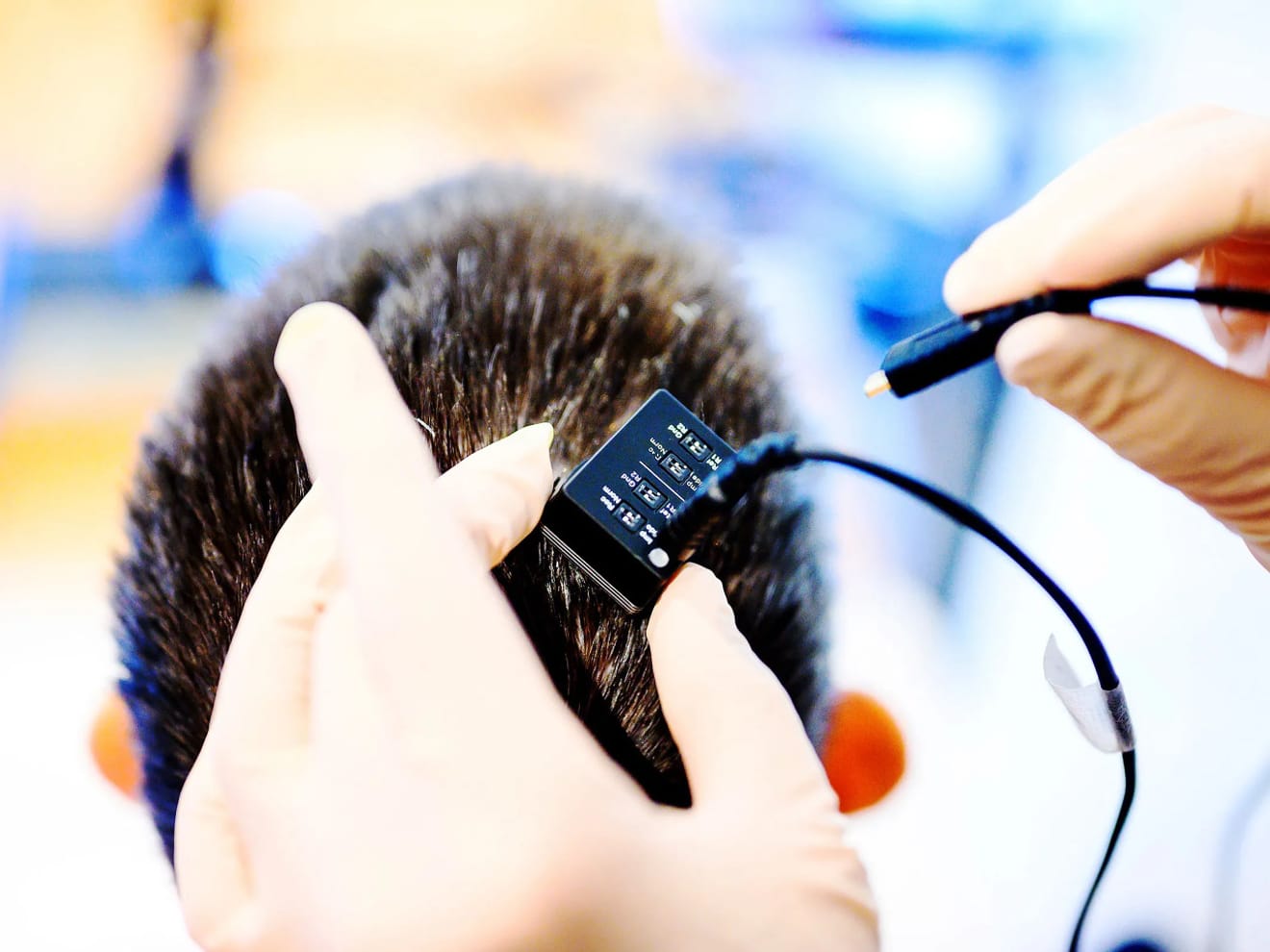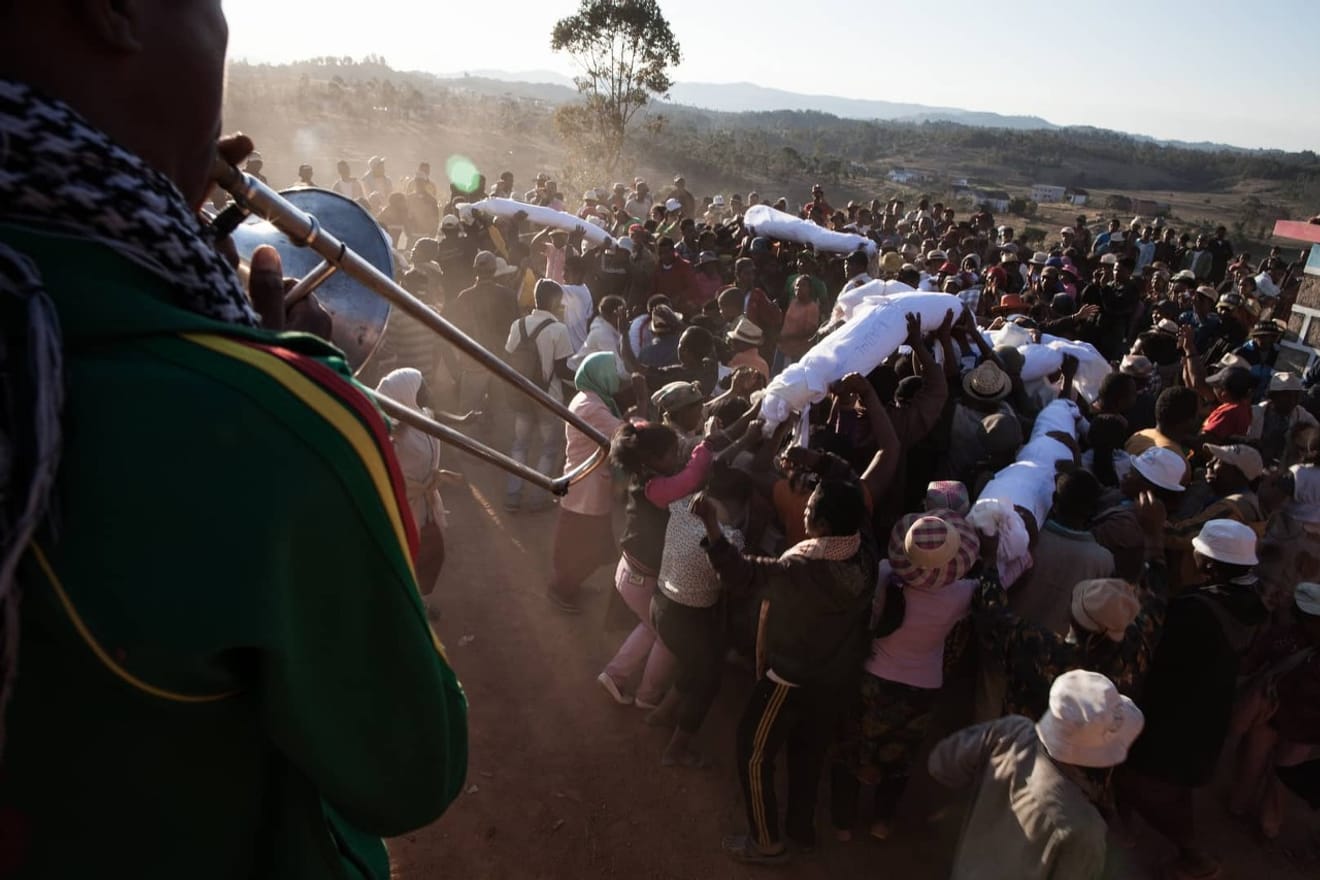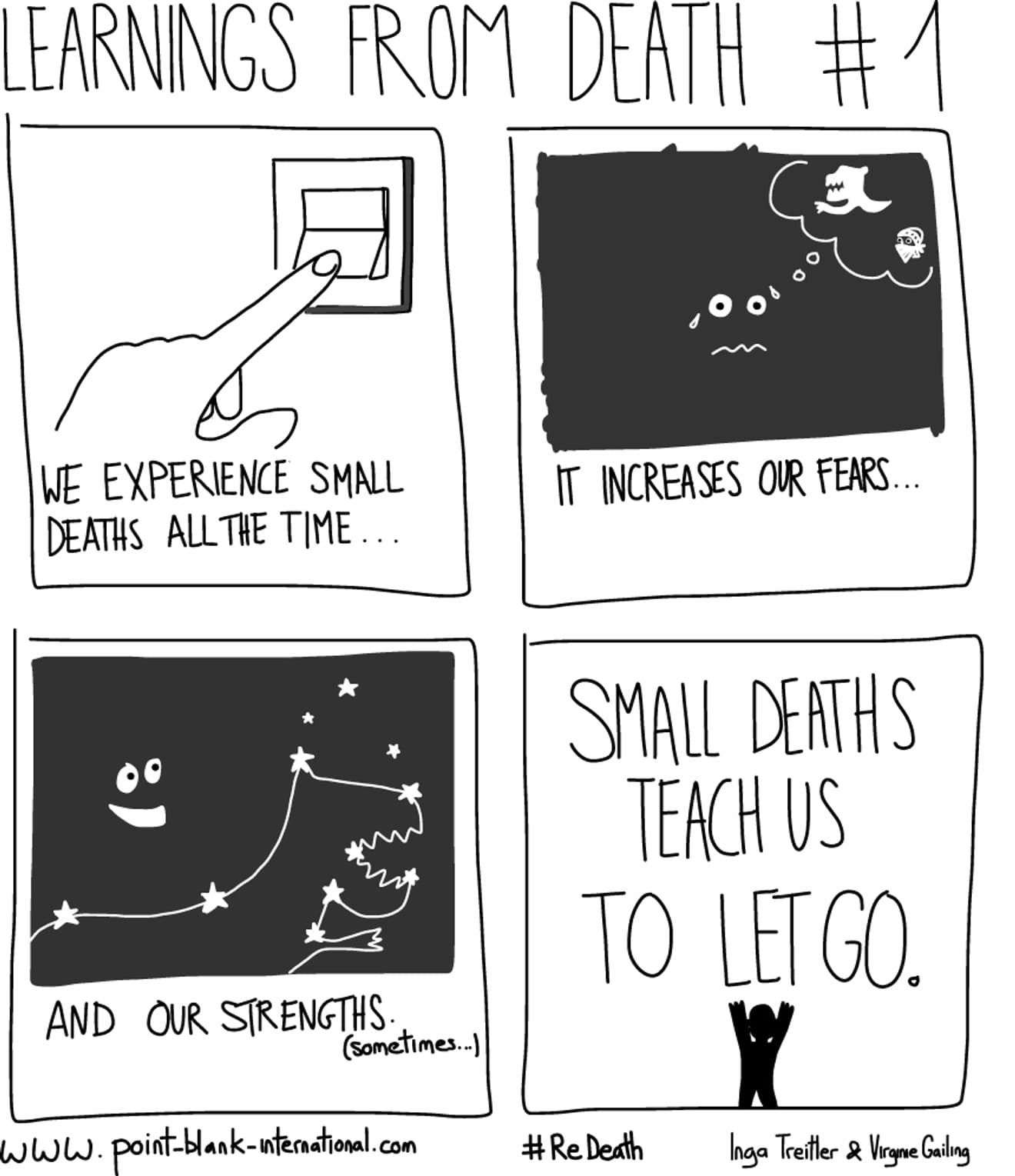In September, Elon Musk's Neuralink announced that it was seeking human volunteers for clinical trials to test a device designed to be implanted in the human brain. Known as a brain-computer interface (BCI), this device collects the electrical activity of neurons and interprets those signals as commands to control external devices. This technology could potentially enable individuals with paralysis to control cursors or keyboards with their thoughts. Additionally, Precision Neuroscience implanted its brain implant in three people for approximately 15 minutes last year, aiming to verify the implant's ability to successfully read, record, and map electrical activity on the brain's surface. They plan to expand the study to more patients in 2024.

Leaders in this industry are increasingly realizing the need for substantial capital investment to bring these technologies to market, indicating that science and technology have reached a mature stage where they can have a significant and transformative impact on the human condition. However, this change is not merely a technological achievement, but also marks the beginning of a fundamental questioning of our relationship with our bodies and, ultimately, our complex societal conventions and understanding of the meaning of life and death.We need to remember this.
Just as a birth certificate records the moment of arrival into the world, a death certificate records the moment of departure. This distinction reflects the traditional concept of viewing life and death as a dichotomy. The biological definition of death typically meant the 'irreversible cessation' of life-sustaining processes maintained by the heart and brain. However, around 1960, the invention of cardiopulmonary resuscitation (CPR) gave rise to the term 'cardiac arrest,' establishing a new criterion for distinguishing it from the previously absolute meaning of death. Furthermore, ventilators transformed individuals with brain damage into 'beating-heart cadavers,' sparking medical, ethical, and legal debates regarding the declaration of death for such patients. Neuroscience, until recently, presented evidence contradicting the conventional wisdom that brain cells begin to deteriorate within minutes of oxygen deprivation, further blurring the lines between life and death.

In Madagascar, an island nation off the east coast of Africa, there exists a ritual called Famadihana, where the remains of ancestors are exhumed from family tombs and danced with to the rhythm of various brass bands. This practice showcases a somewhat dramatic approach to viewing death not as a final separation but as an ongoing relationship—a part of the life process. For them, the exhumation process is experienced as a time for family members to reaffirm their love for one another. The people of Madagascar assert that through this ritual, they bring great happiness to their ancestors, highlighting a challenge to our understanding of consciousness, activity, artifacts, and relationships that extend beyond biological death.
We live in an era saturated with services that narrate the human experience. We witness firsthand how smart products, websites, and wearables enhance our lives and respond directly to our needs, making them more convenient. However, we must acknowledge that these individualised, present-focused perspectives, which are presented competitively and linger only in each fleeting moment of life, can lead us to forget that we are beings bound by a finite path—death. They also encourage us to shun and avoid the subject of death as taboo. In 2014, cultural anthropologist Inga Trætle conducted a study on the desires and needs related to death with 150 participants in Berlin using an interactive card game. This process revealed that conversations about death, previously perceived as isolating, chaotic, and painful, could actually be quite open and engaging. It also highlighted that the assumption that death is an uncomfortable topic is related to cold and rigid traditional funeral practices. Additionally, it was discovered that early childhood experiences like being alone when turning off the lights before bed, while initially increasing fear, could lead to positive outcomes as individuals gain courage and strength over time.

Technological and scientific advancements continue to shape our understanding of death. The discovery that brain activity persists for a period after the heart stops suggests the potential for restoring bodily functions. This raises questions about the specific changes in end-of-life care and new awareness of life itself that we may experience as families before, during, and after death, and how we may prepare for and engage in conversations surrounding these experiences.
The year 2024 has begun. It seems like an opportune time to reflect on how we remember, experience, and anticipate the past, present, and future, particularly in relation to our varied perspectives on the benchmark of death.
References
Comments0